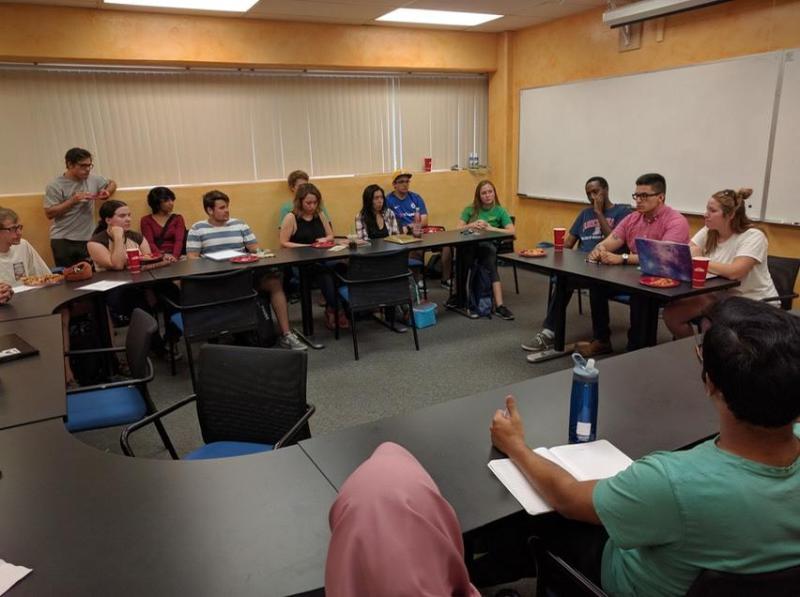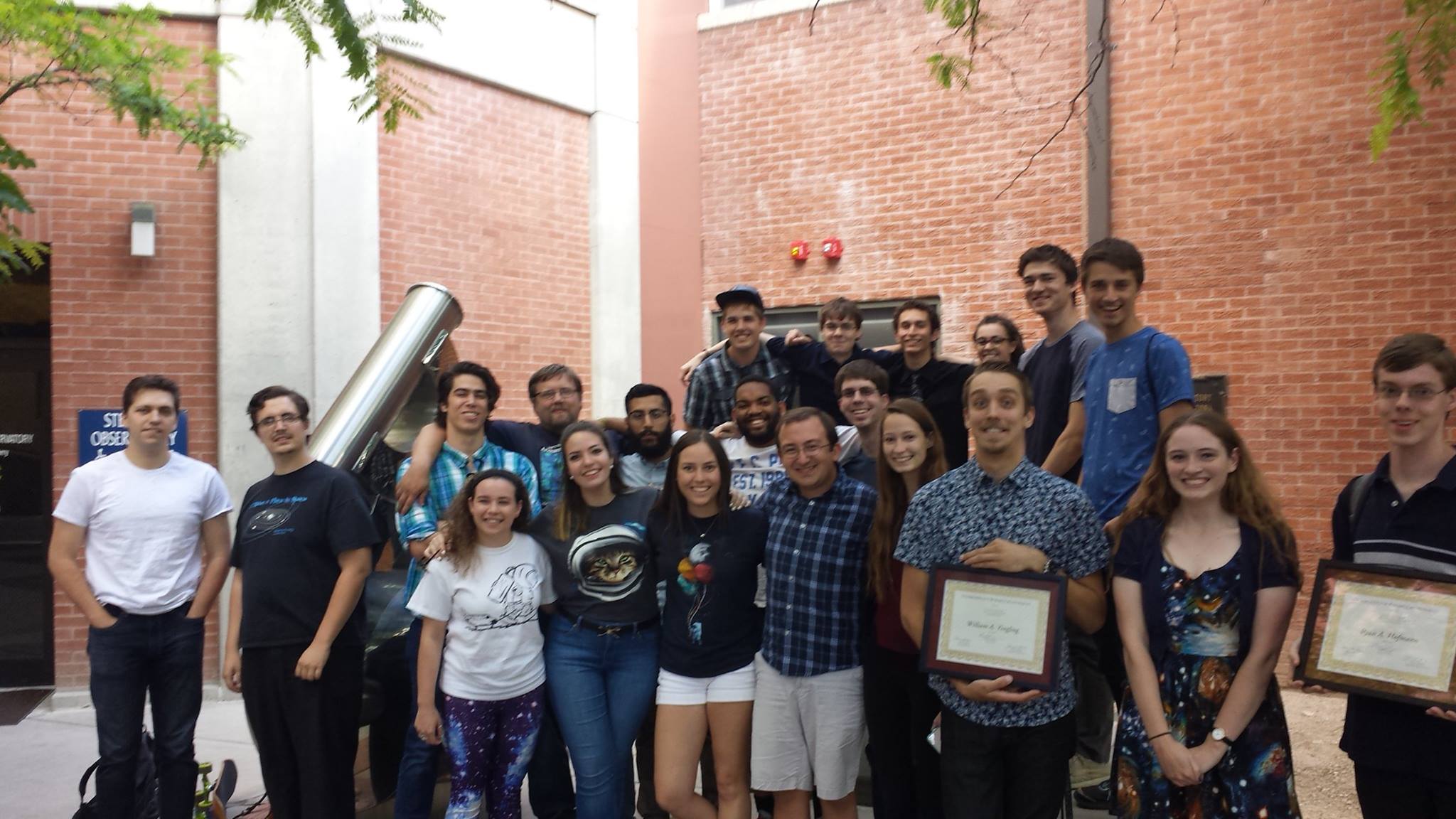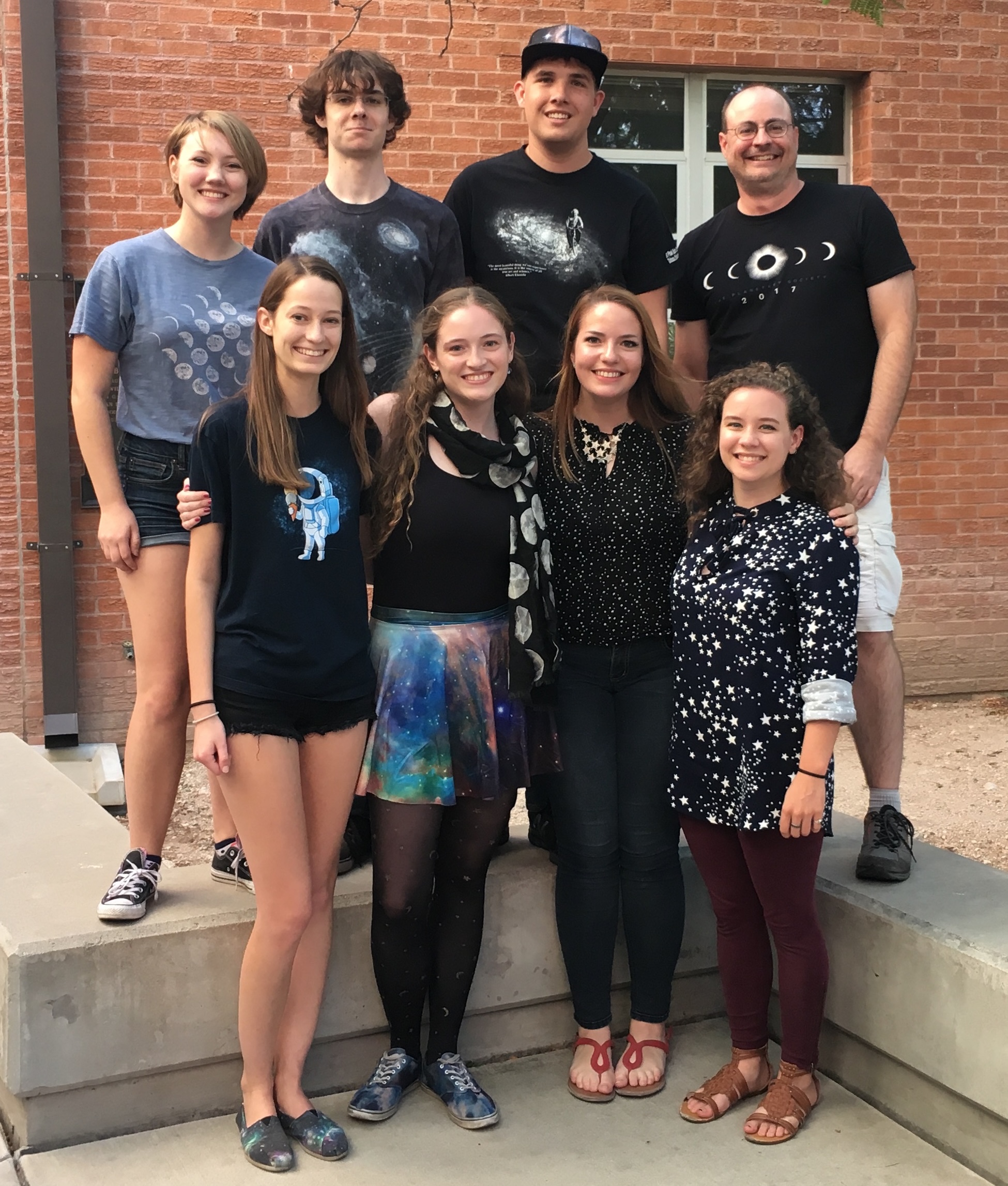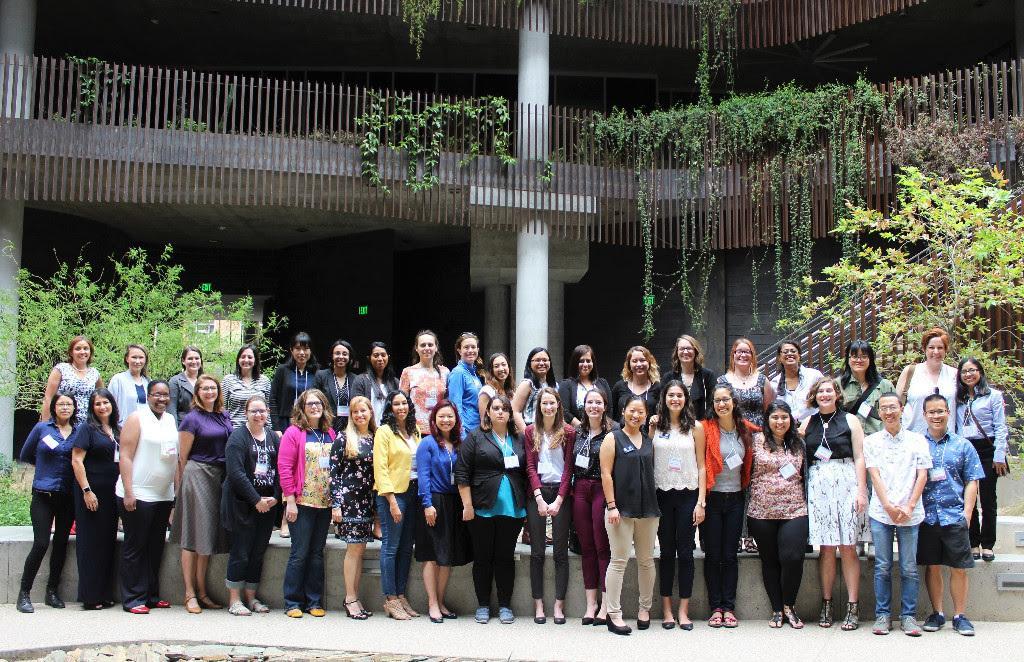TIMESTEP
The Tucson Initiative for Minoritized Engagement in Science and Technology Program (TIMESTEP), initiated by Astronomy Professor Dr. Gurtina Besla in 2015, focuses on fostering success among underrepresented undergraduates in academia while addressing stereotypes in STEM fields. As a student leader within TIMESTEP, I spearheaded efforts to provide mentorship, facilitate discussions on academic navigation and industry opportunities, and participated in workshops aimed at combating stereotypes and enhancing career development skills. I remain engaged as an occasional panelist, offering insights and support as requested.

UA Astronomy Club
I joined the UA Astronomy Club in 2014, initially as a member, and later serving as Outreach Coordinator and President. Here, I endeavored to enhance STEM education accessibility by expanding our outreach program to have a larger presence in the Tucson community. I initiated partnerships with local schools, providing telescope viewings and developing engaging STEM activities for children at no cost, aiming to highlight strong women and underrepresented scientists in our academic community. Additionally, in an effort to improve resources for undergraduate success, I established a regular tutoring program for upper-division Physics/Astronomy courses not provided by university tutoring services. I also fervently advocated and successfully lobbied for increased department funding for the club to support the growth of our outreach initiatives. Thanks to these efforts, it is now one of the largest undergraduate astronomy organizations in the country.


Astronomy Camp
In 2015, I began working alongside Dr. Don McCarthy overseeing the Astronomy Camp program at Kitt Peak and Mt. Lemmon, where I've been dedicated to nurturing the curiosity of numerous young science enthusiasts. Over several weeks each year, I oversee the students' welfare, manage operations, and lead engaging all-night observing sessions using state-of-the-art telescopes. I curate educational content, including computational astronomy projects, and employ inquiry-based learning techniques to instill fundamental principles of astronomy, physics, engineering, environmental science, and computing. Through hands-on experiences with large-aperture telescopes, electronic instrumentation, and astronomy image processing software, students explore the intricacies of real research methods. Beyond nurturing a deeper understanding of space sciences, this program fosters lasting friendships within a supportive community.
Past & Present Memberships

American Astronomical Society (AAS)
American Institute of Aeronautics and Astronautics (AIAA)
American Physical Society (APS)
AnitaB.org Grace Hopper Celebration Scholar
Association for Computing Machinery (ACM), ACM SIGHPC, ACM at UCR
Association for Women In Science at UCR (AWIS)
Computer Science Graduate Student Association @ UCR
Deep Skies Lab
Girls in Tech, Nashville Chapter
Graduate Women in Science (GWIS)
Out In STEM (oSTEM)
Rubin Observatory LSST Science Collaborations: Informatics & Statistics Science Collaboration (ISSC), Galaxies, Solar System
Rubin Observatory LSST Data Preview 0.2 Delegate
Society of Physics Students (SPS)
Society of Women Engineers (SWE), SWE @ UCR
Tucson Initiative for Minoritized Engagement in Science and Technology Program (TIMESTEP)
University of Arizona Astronomy Club
Women In Physics (WIP) & CuWiP
UCR Women In Computing (WINC)